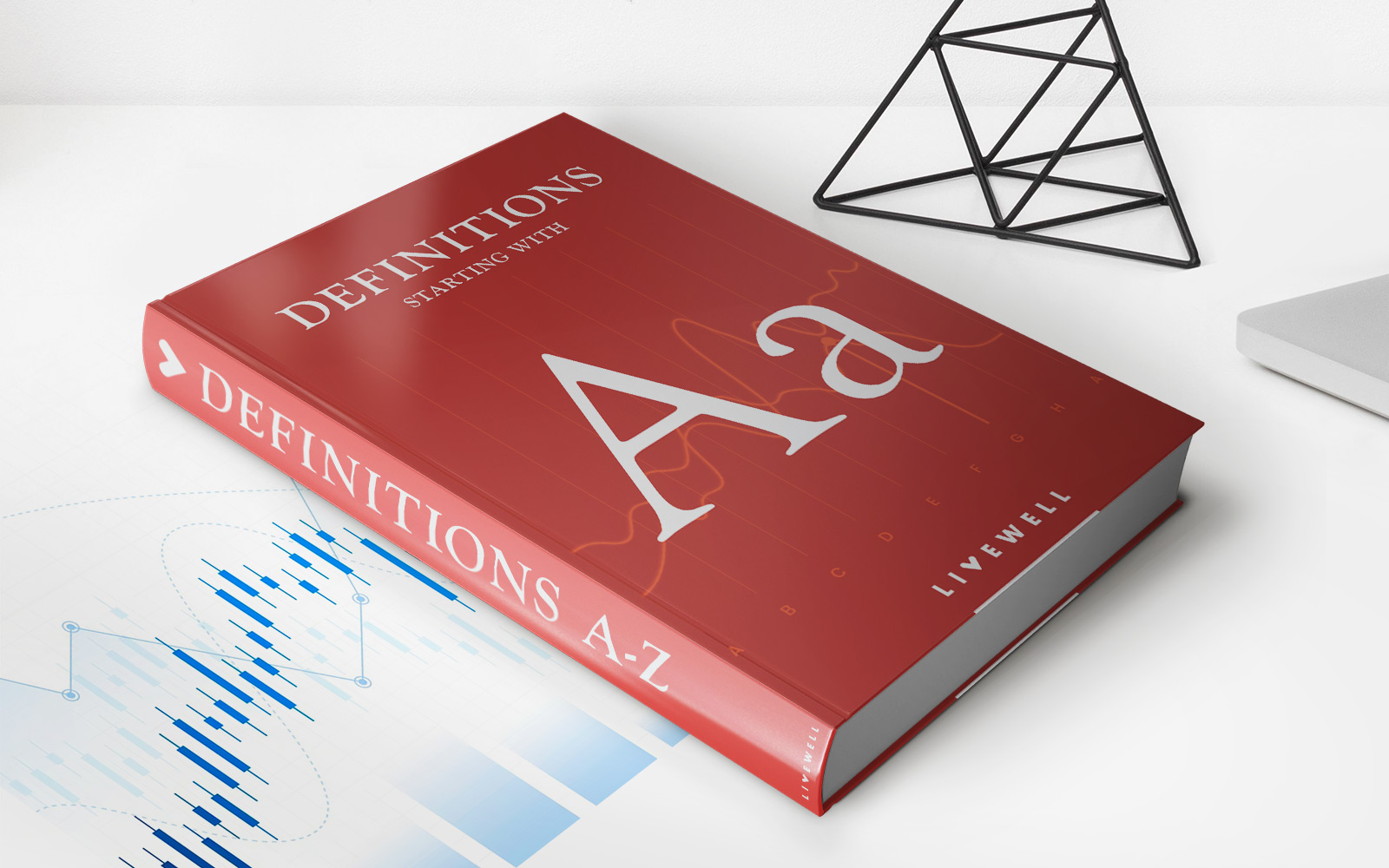Home>Finance>Chartered Financial Analyst (CFA) Definition And Exams


Finance
Chartered Financial Analyst (CFA) Definition And Exams
Published: October 26, 2023
Discover the definition of Chartered Financial Analyst (CFA) and explore the rigorous exams in the field of finance. Enhance your knowledge and career in finance with the CFA designation.
(Many of the links in this article redirect to a specific reviewed product. Your purchase of these products through affiliate links helps to generate commission for LiveWell, at no extra cost. Learn more)
Demystifying the Chartered Financial Analyst (CFA) Certification
Finance is a vast field with numerous career opportunities, and the Chartered Financial Analyst (CFA) certification stands out as one of the most prestigious credentials in the industry. Whether you’re considering a career in finance or looking to enhance your professional profile, understanding what the CFA certification entails is vital. In this blog post, we will break down the definition of CFA and provide insights into its exams.
Key Takeaways:
- The CFA certification is a globally recognized credential for professionals in the finance industry.
- Earning a CFA charter involves passing a series of three exams, acquiring relevant work experience, and adhering to a strict code of ethics.
So, what exactly is the CFA certification? The Chartered Financial Analyst (CFA) designation is awarded by the CFA Institute, a global association of investment professionals. It signifies a high level of expertise in investment analysis, portfolio management, and other essential areas of finance.
Let’s dig deeper into the CFA exams. The CFA program consists of three levels, each focusing on different aspects of finance:
- Level I: This exam assesses your knowledge in foundational investment tools and concepts. It covers areas such as ethics, quantitative methods, economics, financial reporting and analysis, corporate finance, equity investments, fixed income, derivatives, alternative investments, and portfolio management.
- Level II: The second exam dives into more complex topics such as asset valuation, equity analysis, fixed income analysis, derivatives and alternative investments, corporate finance, economics, and portfolio management.
- Level III: The final exam focuses on portfolio management and wealth planning. It delves into topics such as ethical and professional standards, behavioral finance, private wealth management, risk management, institutional investment management, and current topics in the industry.
To obtain the coveted CFA charter, you need to pass each exam level in sequential order. Additionally, you must accumulate relevant work experience of at least four years in the investment industry. This experience can be acquired before, during, or after completing the CFA exams. It’s important to note that the CFA Institute imposes strict ethical guidelines on charterholders, ensuring the highest standards of professional conduct.
Now, you might be wondering why the CFA certification is highly regarded in the finance industry. Here are a few reasons:
- Globally Recognized: The CFA charter is recognized and respected worldwide, opening doors to global employment opportunities.
- Industry Knowledge and Expertise: The rigorous curriculum of the CFA program equips candidates with a deep understanding of investment analysis and portfolio management, making them valuable assets in the finance field.
- Commitment to Ethical Standards: CFA charterholders are committed to upholding a strict code of ethics which promotes integrity and professionalism in the finance industry.
- Career Advancement: Earning the CFA charter can pave the way for career advancement and salary increases. Many top employers seek out CFA charterholders for key finance roles.
- Network and Community: Joining the larger CFA community allows professionals to connect with like-minded individuals, attend networking events, and access ongoing professional development resources.
In conclusion, the Chartered Financial Analyst (CFA) certification is a widely recognized symbol of excellence in the finance industry. By passing a series of three challenging exams, gaining relevant work experience, and adhering to ethical standards, individuals can earn the prestigious CFA charter. Whether you’re looking to advance your career or establish yourself as an expert in finance, the CFA certification can provide valuable opportunities.














